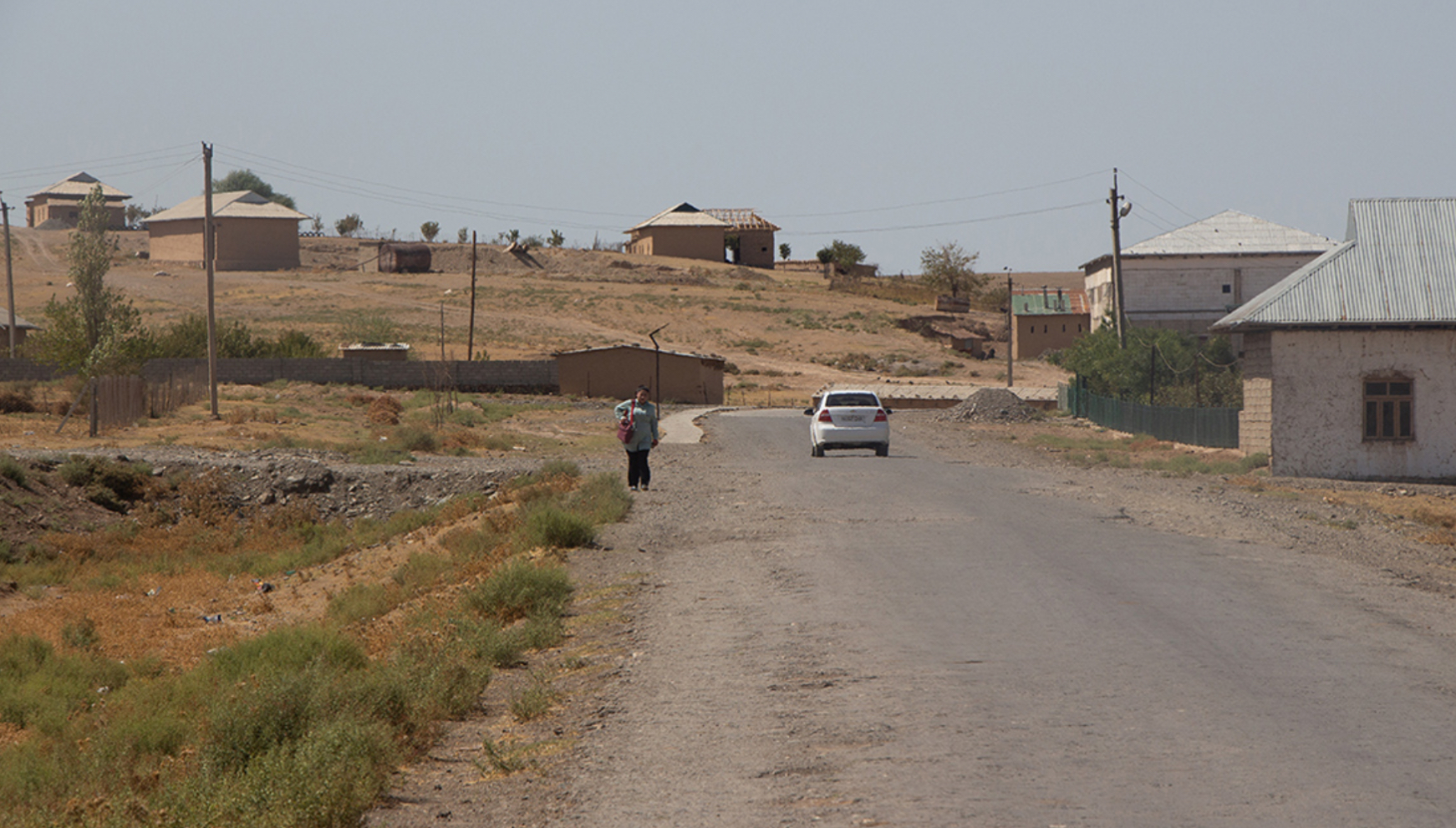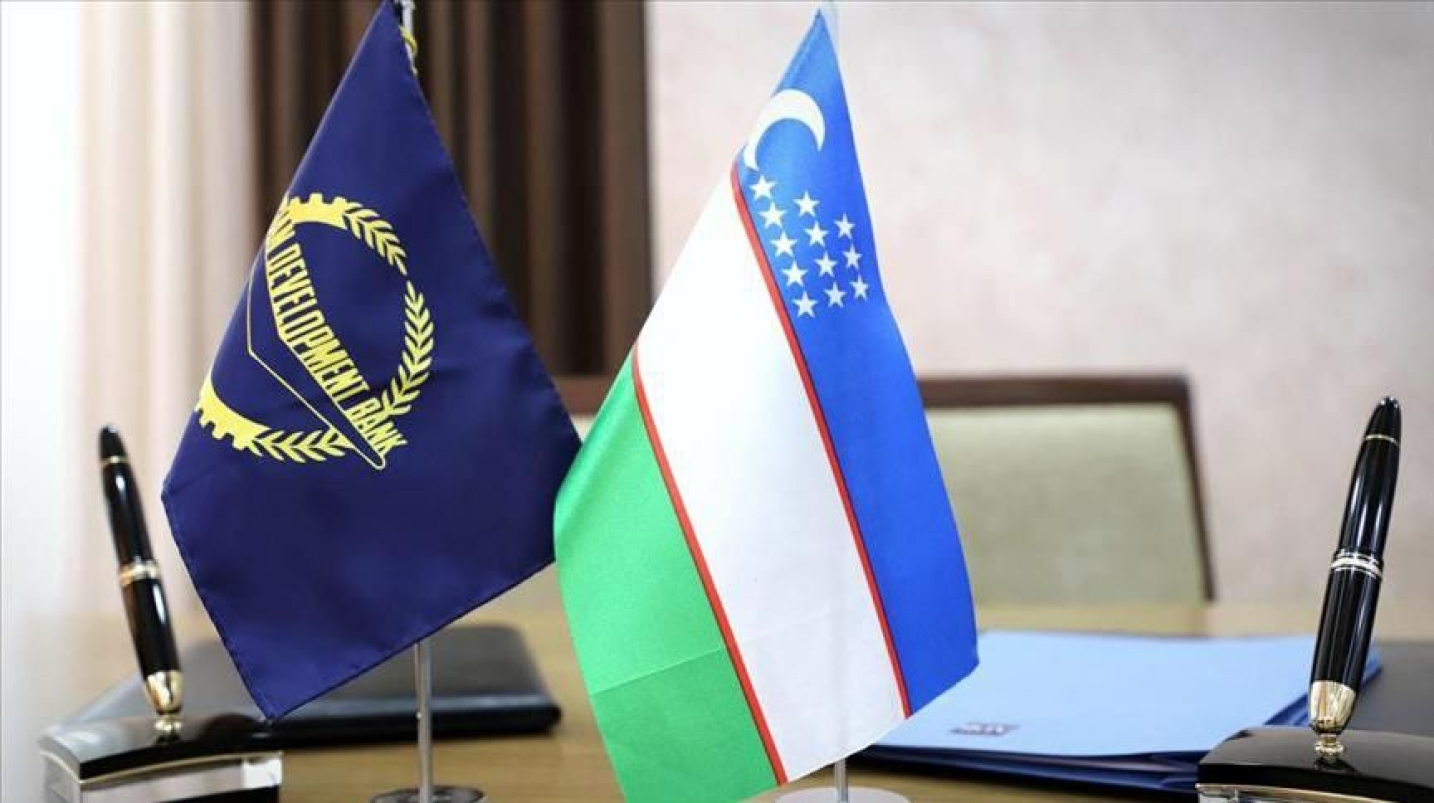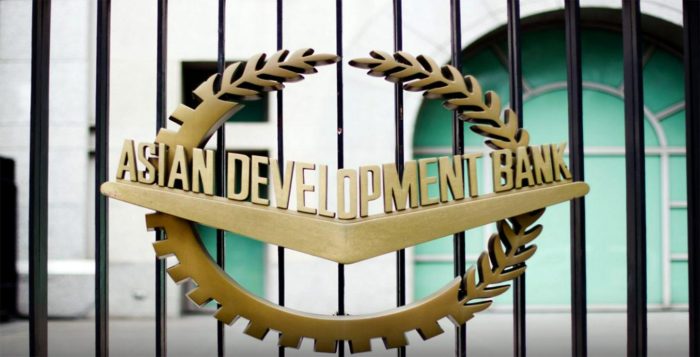The Asian Development Bank (ADB) has greenlit a $240mn loan to strengthen the infrastructure of 700 kilometers of rural roads in Uzbekistan, ADB reported. This investment aims to render the roads safer and more resilient to climate change, fostering connectivity and propelling rural development in the Central Asian nation.

The ADB Director General for Central and West Asia, Yevgeniy Zhukov, emphasized the pivotal role of connectivity for Uzbekistan, where nearly half of the population resides in rural areas heavily dependent on agriculture.
"Keeping rural communities connected to markets and services through safe, reliable, and climate-resilient rural roads is essential to achieve inclusive, sustainable economic development," stated Zhukov.
In alignment with the government's National Development Strategy 2030 and the Rural Road Strategy 2035, the project stands as a significant initiative under the government's Rural Road Program. Focusing on local and inter-farm rural roads in 12 regions and the Republic of Karakalpakstan, the improvements will address capacity, quality, and connectivity. The enhancements will include reinforced embankments, bridges, culverts, and drainage systems to ensure safety and climate resilience.

This project is groundbreaking in Uzbekistan and the Commonwealth of Independent States, as it will provide rural communities and farmers with all-weather access to markets, schools, health services, and district centers.
ADB Senior Transport Specialist Yongkeun Oh highlighted the bank's commitment to strengthening operational capacity for sustainable road maintenance.
"ADB will support the implementation of a web- and GIS-based rural road asset management system to improve decision-making and planning capabilities, leading to more efficient maintenance and resource allocation," Oh stated.
Beyond infrastructure, the project also aims to empower rural women by providing training in sustainable agriculture and climate-resilient practices. Community development facilities will be upgraded to offer entrepreneurship and livelihood skills training. Awareness campaigns addressing gender violence and road safety will also be conducted.

ADB and Uzbekistan
Uzbekistan joined ADB in 1995, and since then, the bank has committed loans, grants, and technical assistance totaling $10.8bn to the country. The ADB's commitment aligns with its broader goal of achieving a prosperous, inclusive, resilient, and sustainable Asia and the Pacific, while actively working to eradicate extreme poverty.
ADB stands as one of Uzbekistan's major contributors to development. Its assistance in 2022 concentrated on supporting the nation's shift towards an inclusive and market-oriented economy. The Uzbekistan government aims to diminish the state's influence through a robust private sector. ADB aids in this transformation by offering guidance on policies, facilitating capacity building, and implementing projects that foster private sector growth, diminish economic and social gaps, and encourage regional collaboration and integration.
Thus far, the ADB has dedicated 240 loans, grants, and technical assistance projects in the public sector for Uzbekistan, with a combined value of $11.5bn. The cumulative disbursements from these loans to Uzbekistan have reached $7.69bn. These financial commitments have been supported by both regular and concessional ordinary capital resources, as well as other specialized funds. Currently, ADB's sovereign portfolio in Uzbekistan comprises 32 loans, 1 grant, and 1 sovereign guarantee, totaling $5.06bn.
Follow Daryo's official Instagram and Twitter pages to keep current on world news.
Comments (0)